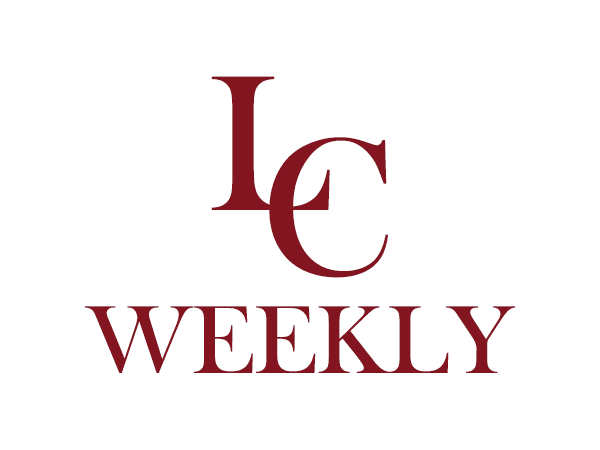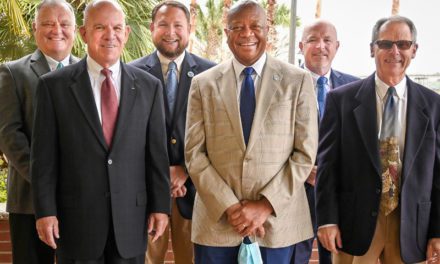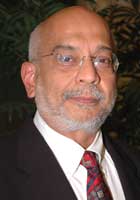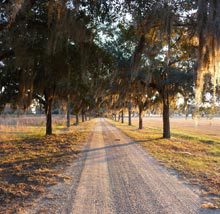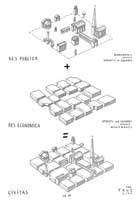Author, Educator and Developer Christopher Leinberger was recently a speaker for the 2012 CNU Beaufort Lecture Series. Christopher gave a wonderful presentation titled “Back to the Future” that gave an overview of the current state of the US real estate market and economic development outlook.
Back to the Future talked about the idea that America’s Dream used to be based on agriculture, or “40 acres and Mule,” for most of its life. After World War II, the new version of the American Dream was based on the automobile, or “See America in a Chevrolet.” This shifting dream became reality as we spent the next 50+ years building mostly auto-oriented development, leaving many of us auto-dependant. Christopher noted that the average American family spent 25% of its gross income on transportation-related costs in 2011. He asked the question, “what if some of that spending was transferred back into the local economy, as investment into real estate?” By contrast, he noted that communities with a high level of walkable urbanism have a typical transportation spending of about 10%, but also have corresponding land values 40-200% higher. It’s easy to see the long-term investment difference in the two lifestyles, from just an economic standpoint, not to mention the 80% typical reduction in energy consumption that walkable urbanism also generates.
Christopher went on to discuss how the market has changed from the Baby Boom generation and “I Love Lucy” suburban expectations, to the Millennials and their “Seinfeld” urban expectations. He noted that 14% of all households will have children in the next 20 years, vs. 25% today, and 50% in 1955. How should the real estate market be thinking in terms of building or developing in this market? Leinberger offered advice based on his own 14 development projects. His answer? The Market demand for walkable urbanism is high. He sited the aging Boomers, the young Millennials and the rise of the Creative Class as drivers in the high demand for urban places and small town living. Auto-oriented real estate, he noted, is way overbuilt and has a declining market basis as well.
Leinberger then showed several examples of small cities and towns that had leveraged cultural and market challenges into great success stories. He noted that Beaufort was positioned well in many ways. “The Market wants the essence of what Beaufort is,” he said. We should be careful not to alter or destroy that essence; in fact, that thought should be the main goal of the Beaufort Region moving forward into the new Experience-based Economy.
Many of the core ideas in Christopher’s lecture came from his recent book, The Option of Urbanism: The New American Dream, and his numerous publications in periodicals such as the Wall Street Journal and New York Times. Please visit his website at www.chrisleinberger.com for an overview of his writings and more information.
Look for the CNU Lecture series to continue to bring national experts to Beaufort with retail expert Robert Gibbs in the spring.
Eric Brown is an architect, owner of Brown Design Studio and a member of the Congress for the New Urbanism – Carolinas Chapter. For more information, visit www.cnu.org

